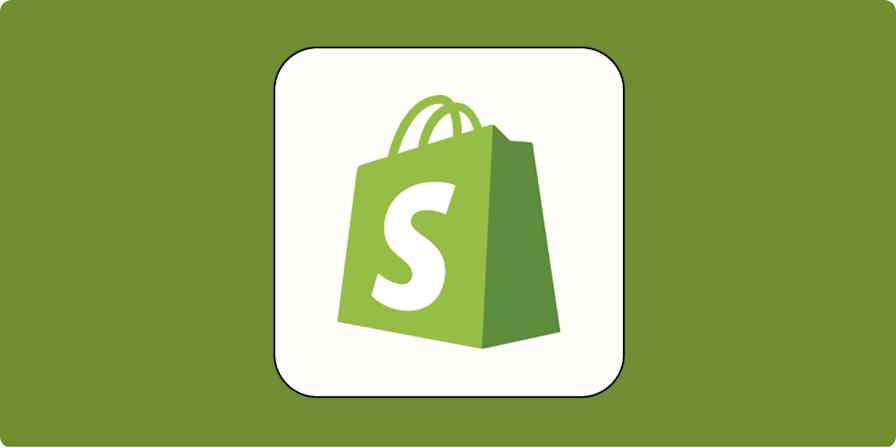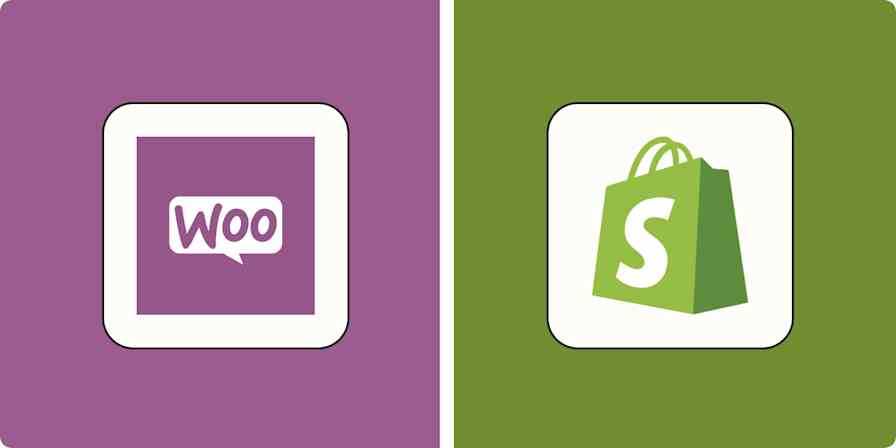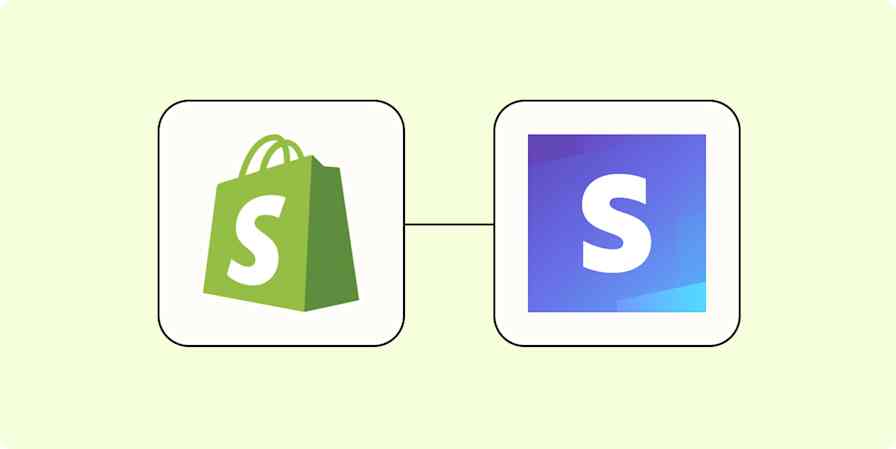Business tips
10 min readWhere to start an online store: The best places for eCommerce
By Matt Ellis · April 6, 2023

Get productivity tips delivered straight to your inbox
We’ll email you 1-3 times per week—and never share your information.
tags
Related articles
Improve your productivity automatically. Use Zapier to get your apps working together.








